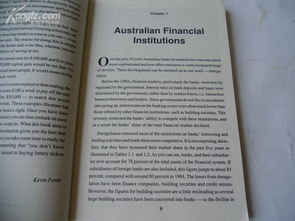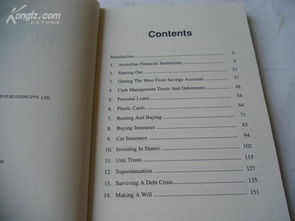How to Make Money in Currency Trading
Trading currencies can be a lucrative venture, but it requires knowledge, discipline, and a solid strategy. Whether you’re a beginner or an experienced trader, here’s a detailed guide on how to make money in currency trading.
Understanding the Basics

Currency trading, also known as forex trading, involves buying and selling currencies with the aim of making a profit from the fluctuations in their exchange rates. The forex market is the largest financial market in the world, with an average daily trading volume of over $6.6 trillion.
Before diving into trading, it’s crucial to understand the following basics:
- Currencies: The market consists of major, minor, and exotic currencies. Major currencies include the US dollar, the Euro, the Japanese Yen, and the British Pound.
- Exchange Rates: The value of one currency compared to another. Exchange rates fluctuate constantly due to various economic, political, and social factors.
- Market Hours: The forex market operates 24 hours a day, five days a week, from Sunday evening to Friday evening.
- Market Participants: Retail traders, institutional investors, banks, and corporations participate in the forex market.
Developing a Trading Plan

A trading plan is a roadmap that outlines your trading strategy, risk management, and exit criteria. Here are some key components of a trading plan:
- Trading Strategy: Determine the type of trading you want to engage in, such as day trading, swing trading, or position trading.
- Entry and Exit Criteria: Define the conditions under which you will enter and exit a trade, such as technical indicators, price levels, and economic news.
- Risk Management: Set a maximum amount of capital you are willing to risk on a single trade and adhere to it strictly.
- Stop Loss and Take Profit: Implement stop loss and take profit orders to minimize potential losses and lock in profits.
Choosing a Broker

Selecting a reliable and reputable broker is essential for successful currency trading. Here are some factors to consider when choosing a broker:
- Licensing and Regulation: Ensure the broker is licensed and regulated by a reputable financial authority.
- Spreads and Commissions: Compare the spreads and commissions offered by different brokers to find the most cost-effective option.
- Trading Platforms: Choose a broker that offers a user-friendly and reliable trading platform.
- Customer Support: Ensure the broker provides responsive and helpful customer support.
Building Your Knowledge and Skills
Successful currency trading requires a strong foundation of knowledge and skills. Here are some ways to build your expertise:
- Education: Enroll in online courses, attend workshops, and read books on forex trading.
- Practice: Use a demo account to practice trading without risking real money.
- Technical Analysis: Learn how to analyze price charts and identify trends, patterns, and indicators.
- Market Analysis: Stay informed about economic news, political events, and other factors that can impact currency prices.
Managing Risk
Risk management is a critical aspect of successful currency trading. Here are some key risk management strategies:
- Position Sizing: Determine the appropriate size of your trades based on your risk tolerance and capital.
- Stop Loss Orders: Use stop loss orders to limit potential losses.
- Take Profit Orders: Set take profit orders to lock in profits.
- Emotional Control: Avoid making impulsive decisions based on emotions.
Monitoring and Reviewing Your Trades
Regularly monitoring and reviewing your trades is essential for continuous improvement. Here are some tips:
- Keep a Trading Journal: Record your trades, including the reason for entering and exiting, the outcome, and any lessons learned.
- Analyze Your Performance: Review your trading results and